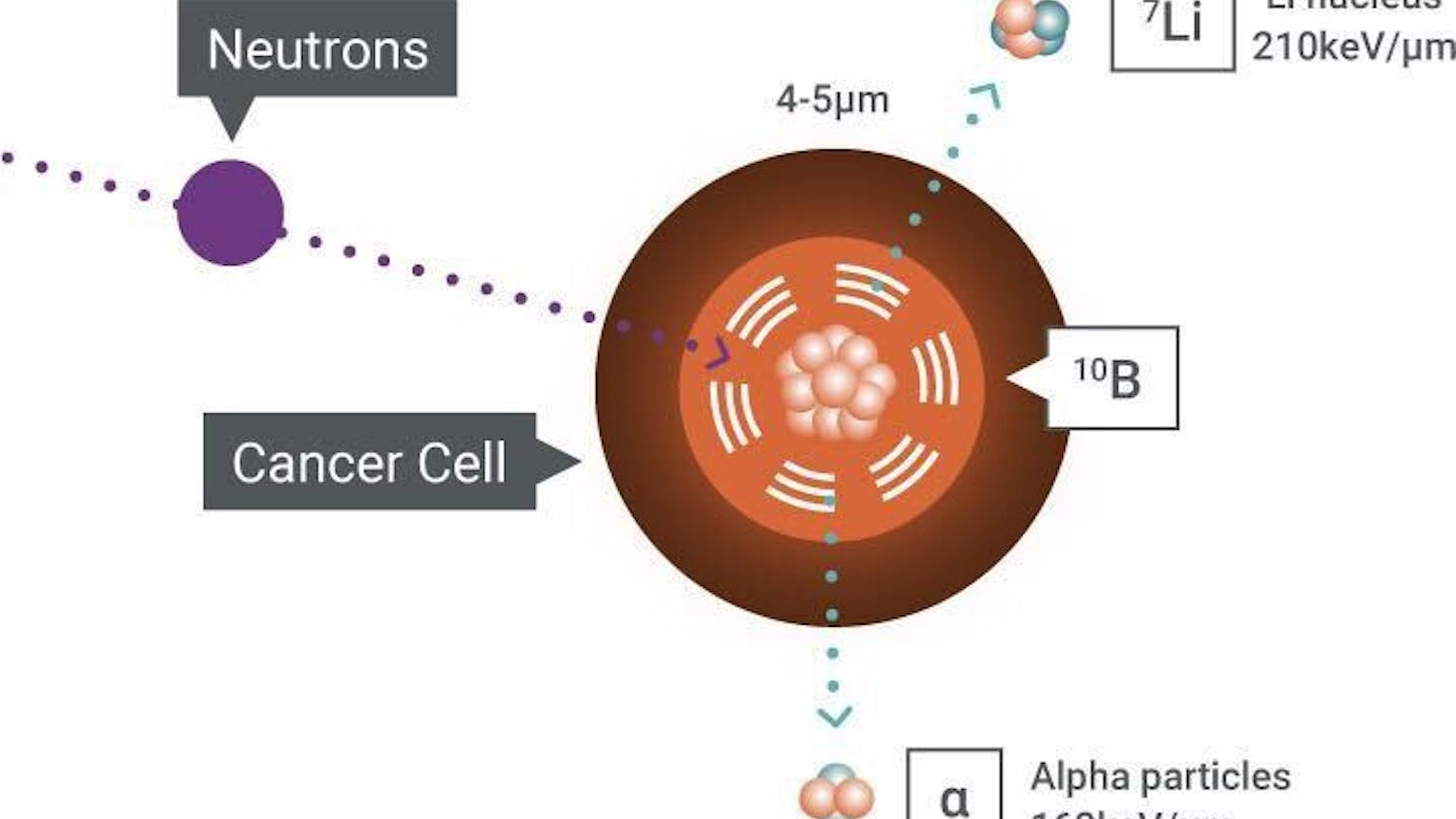Sex is great. STDs, however … not so much. From itching and scratching to bumps and boils (oh my!) to lifelong illness, sexually transmitted infections can have a host of negative consequences. We don’t want to scare you — like we said, sex is great. We want you to be having great sex (if you want to, obvi), and the first step to that is safety.
Sexual healthcare is often stigmatized, and shame around sex can keep people from seeking out care. The embarrassment is understandable — sex is a big taboo in American culture. We don’t like to talk about sex, even though it haunts all of our media. But, just like many of the things we don’t like to talk about, it’s important! There is no shame in having (consensual) sex. There is no shame in not knowing exactly what safe sex means. There is no shame in seeking care to make sure you can keep having happy, healthy, great sex.
First, some clarification. You made have heard the terms sexually transmitted disease and sexually transmitted infection used interchangeably, and in many cases, that’s just fine. Many diseases, sexually transmitted or not, begin with an infection — but not all! Diseases like diabetes, for instance, are not caused by infection. So, a sexually transmitted infection can become a sexually transmitted disease.
STI prevention begins with keeping up to date on your vaccinations. The Centers for Disease Control and Prevention (CDC) recommends children between ages 9-12 get the vaccination for Human Papillomavirus, or HPV. HPV is the most common STI in the US. It’s transmitted during sex (vaginal, anal or oral) and can also be shared through close skin-to-skin contact. HPV infections are often asymptomatic, but can also present with genital warts. For your personal comfort, we’ve chosen not to include any pictures. Transmissions can occur even if the infected person is asymptomatic.
In severe cases, HPV can cause cancers of the vulva, vagina, penis, anus or even the back of the throat. As such, vaccination is a crucial preventative measure. If you were not fully immunized by the age of 12, it is by no means too late — reach out to your healthcare provider about getting vaccinated.
Now, let’s get to the actual during-sex safety. As you’re getting ready to engage in some mutually-enthusiastically-consented-to shenanigans, remember — wrap it before you tap it, whatever tapping it means for you. Correct use of condoms and dental dams is one of the most effective ways to prevent an STI; the use of barriers protects against infections transmitted between skin and mucous membranes, such as syphilis, gonorrhea or trichomoniasis.
Condoms are often seen primarily as contraception, and while that is a great reason to use them, remember that not all contraceptives keep you safe from STIs. Birth control pills, IUDs and other hormonal contraceptives do not protect against infection — they reduce your risk of getting pregnant, but not your risk of getting an STD. Ultimately, the only way to avoid STDs and pregnancy for sure is abstinence, but where’s the fun in that?
When using condoms and dental dams, you should use a new one for each new sex act. For instance, if you switch from oral to anal sex, use a new barrier. If you’re in a pinch and don’t have a dental dam, you can make one by cutting the tip off a condom and making a cut up the side, creating a rectangle.
In any case, make sure your condom or dental dam is within its expiration date, and never use an oil-based lube with a latex-based barrier!
Having a conversation with your sexual partner or partners is also an important aspect of safe sex. Make sure you both agree on what’s OK, and be open about your sexual health and about any other partners you may be seeing. If you’re having sex with just one partner, and both of you are monogamous, the risk is lower. In either case, be prudent and get tested between partners!
For those at high risk for HIV — which includes males who have sex with males, people who often engage in anal sex, and those who may be at risk due to the use of infected needles — consider asking your doctor about PrEP. PrEP is a combination of two drugs that is FDA-approved to reduce the risk of HIV infection that can be very effective if taken correctly.
Anyone who is sexually active can be infected with an STI, but that doesn’t mean you need to stop having sex to keep yourself safe. Communicate with your partner(s), use protection and get tested often, and you’ll be having great sex for as long as you like.






